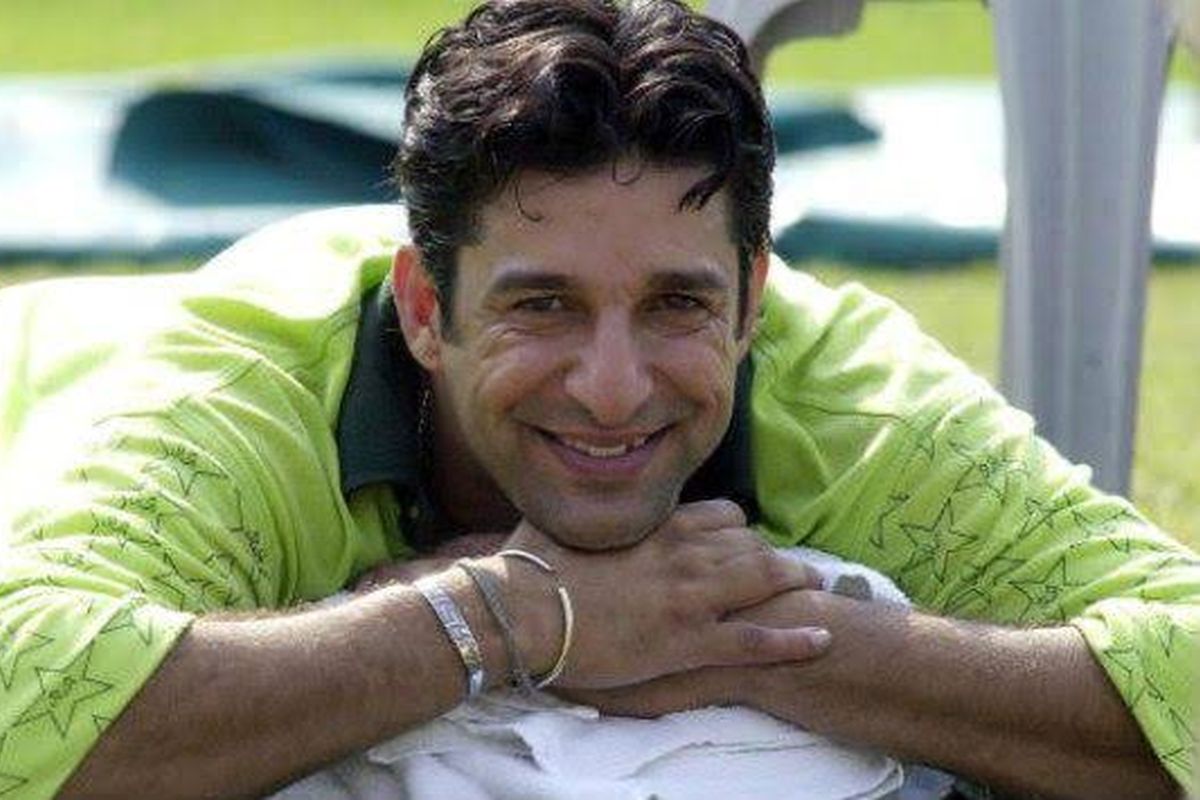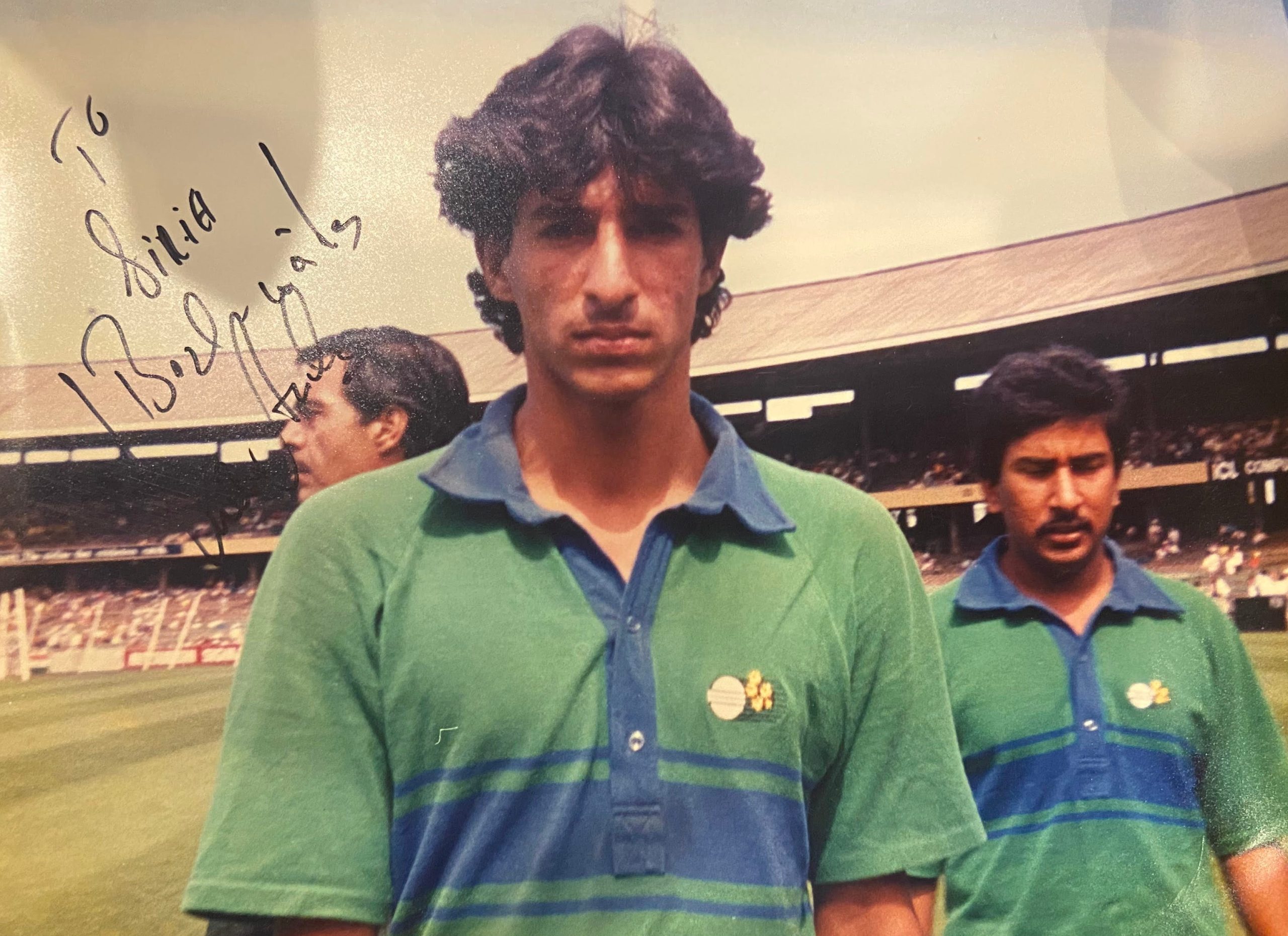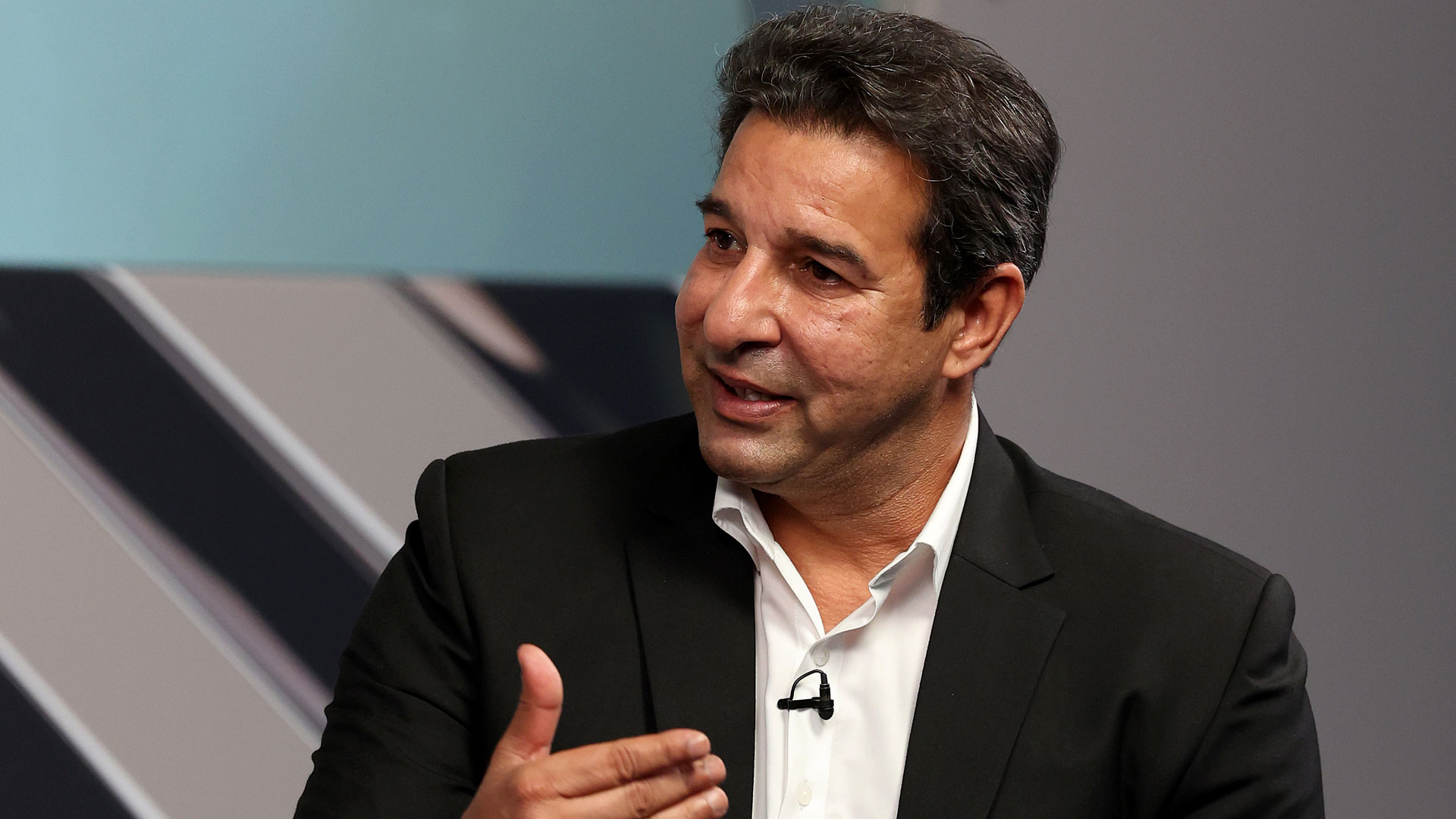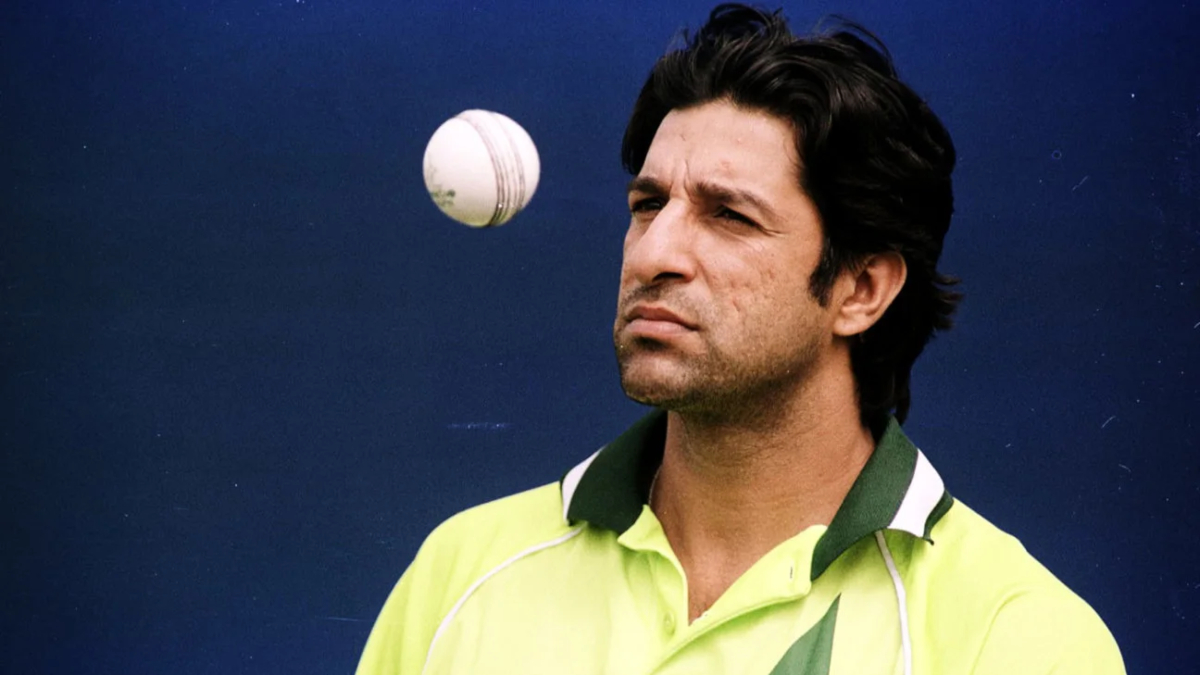Born on June 3, 1966, in Lahore to a Punjabi Muslim family, Wasim Akram’s cricket journey began at Government Islamia College. His roots trace back to Kamonki, where his father settled post the partition of India in 1947.
In 1995, Akram tied the knot with Huma Mufti, and they shared 14 years of marriage, blessed with two sons—Tahmoor and Akbar. Tragedy struck in 2009 when Huma succumbed to multiple organ failure in Chennai, India.
At 30, Akram faced an unexpected adversary: diabetes. Despite being a robust sportsman with no family history, he embraced awareness campaigns, shedding light on the condition’s unpredictability.
Key Takeaways
Hide- Wasim Akram, born in 1966 in Lahore, faced controversies in ball tampering and match-fixing allegations during his cricket career.
- Despite suspicions, no conclusive evidence supported claims of ball tampering in 1992, showcasing Akram's prowess with the reverse swing delivery.
- Match-fixing allegations led to a probe by the Pakistan Cricket Board, with Judge Malik Mohammad Qayyum expressing concerns about Akram's transparency.
- Akram's personal life included a tragic loss when his first wife, Huma Mufti, succumbed to multiple organ failure in 2009.
- In 2013, Akram married Australian Shaniera Thompson, marking a positive turn in his personal life.
- Post-retirement, Akram excelled in the media, coaching, and leadership roles, leaving an indelible mark on the cricketing world.
- Akram's impact extends beyond controversies, with records like the most international hat-tricks and the highest innings by a number-8 batsman.
Early and Personal Life

Life took a positive turn when, in 2013, he met Australian Shaniera Thompson. A simple ceremony in Lahore marked the beginning of a new chapter. The couple shifted from Lahore to Karachi, adding a new dimension to Akram’s life.
Transitioning smoothly to family life, Shaniera and Akram shared joyous news in September 2014—they were expecting. The culmination occurred in Melbourne on December 27, 2014, with the arrival of their baby girl, Aiyla Sabeen Rose Akram.
Wasim Akram, the cricket legend, weaves a tale not just of on-field prowess but of resilience, love, and a zest for life that transcends the boundaries of the cricket pitch.
Domestic Career
Wasim Akram, a cricket luminary, began as a tape ball prodigy, securing a debut with BCCP Patron’s Eleven against New Zealand.
In 1988, he joined Lancashire County Cricket Club, dominating in the NatWest Trophy, Benson and Hedges Cup, and Sunday League.
Championed by British fans singing “Wasim for England,” Akram’s leadership in 1998 propelled Lancashire to victory in the NatWest Trophy and Sunday League.
The County Championship witnessed Lancashire’s stellar performance, losing just five matches throughout the season.
Wasim Akram’s impact transcended statistics, narrating a tale of triumph, teamwork, and cricket excellence.
Wasim Akram’s Remarkable Journey

- Hat-Trick Glory: Akram, alongside Lasith Malinga, holds the record for the most international hat-tricks, achieving two in both ODIs and Tests.
- Man-of-the-Match Brilliance: With 17 awards in 104 Tests and 22 in ODIs, Akram’s stellar performances were consistently recognized on the world stage.
- ODI Dominance: In 199 ODI wins, Akram’s bowling prowess shone, claiming 326 wickets at an impressive average of under 19, with a formidable run rate of 3.70.
- Test Batting Marvel: In 1996, Akram’s iconic 257 not-out against Zimbabwe remains the highest innings by a number-8 batsman, featuring a record-setting 12 sixes.
- Selective Omission: Prior to retirement, Akram faced exclusion from the Pakistan squad for the 2003 Sharjah Cup and Bank Alfalah Cup, missing a farewell match but concluding his contract with Hampshire.
- Unmatched Records: Akram’s legacy extends to holding the record for the most sixes in a single Test innings, an unmatched feat that stands the test of time.
Wasim Akram’s Dynamic Post-Retirement Journey

When he retired from cricket, the great Wasim Akram went right into a successful career in the media. He appeared on ESPN Star Sports and ARY Digital, among others, thanks to his cutting-edge analysis.
The voice of Akram resounded throughout several sporting events, demonstrating his skill, from the 2009 Women’s Cricket World Cup to the 2011 ICC World Cup.
Among coaches, Akram’s impact was global. After being appointed as the bowling coach consultant for the Kolkata Knight Riders in 2010, he was instrumental in developing players such as Mohammed Shami and Umesh Yadav.
Despite his disappointment at not being named India’s bowling coach, his ambitions were fulfilled when he became the coach of the Kolkata franchise.
In Pakistan, Akram found fast bowling prodigies like Mohammad Amir and Junaid Khan through his coaching camps, and his coaching legacy took off from there.
Afterwards, the legendary cricketer resumed his coaching career by taking up director and bowling coach positions with Islamabad United and Multan Sultans, two PSL teams.
Being the chairman and bowling coach of Karachi Kings, Akram is currently making a significant influence. In addition to his cricketing duties, he also serves as Vice President of the esteemed Kashmir Premier League.
Wasim Akram’s remarkable journey after retiring is a clear indication of his lasting impact. He easily moved from playing cricket to coaching, making an unforgettable impression on the history of the sport.
Revolutionizing Cricket: Wasim Akram’s Controversial Legacy

In 1992, as Wasim Akram dominated English batsmen, whispers of ball tampering emerged, yet no video evidence substantiated the claims.
Akram, alongside Younis, achieved unprecedented ball movement, showcasing the enigmatic skill of reverse swing—a phenomenon unfamiliar to England and the cricketing world.
However, a more substantial storm brewed around accusations of match-fixing, triggering a probe by the Pakistan Cricket Board.
The inquiry, led by Judge Malik Mohammad Qayyum, uncovered a lack of cooperation from Akram.
Judge Qayyum’s report, laced with skepticism, spared Akram from guilt due to altered testimony by Ata-ur-Rehman under suspicious circumstances.
This commission, probing into Akram’s affairs, raised concerns about his transparency. Despite altered testimony sparing him, lingering suspicions shrouded Wasim Akram in the controversial clouds of cricket’s match-fixing era.
Frequently Asked Questions (FAQs)
Was Wasim Akram involved in ball tampering during his cricket career?
Accusations surfaced in 1992, but no video evidence supported claims of ball tampering against the cricket legend.
What was the outcome of the match-fixing allegations against Wasim Akram?
A probe led by Judge Malik Mohammad Qayyum uncovered suspicions, but altered testimony spared Akram from guilt in the controversial match-fixing era.
How did Wasim Akram transition post-retirement from cricket?
After retiring, Akram seamlessly entered a successful career in media, coaching, and leadership roles within various cricket franchises.









